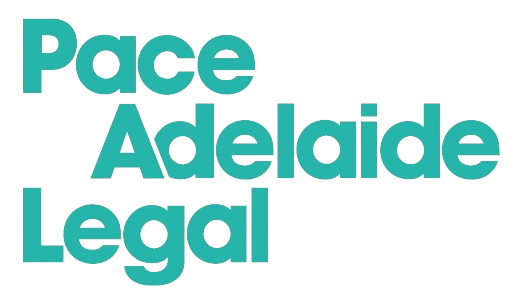Adelaide Legal Super Advice
Many people incorrectly assume that their Will automatically distributes their superannuation entitlements to their beneficiaries. A Will generally only covers assets you own, and your superannuation is not actually ‘owned’ by you, since it is held for you in a trust by the trustee of your superannuation fund. This means that your intentions regarding your superannuation in your Will cannot be carried out unless you have provided the trustee of your superannuation fund with instructions. This can easily be managed with most superannuation funds, by completing one of the following types of nomination forms:
- Binding nomination
The trustee must pay your superannuation as you have nominated, either to one or more dependents, or into your estate to be distributed in accordance with your Will.
- Non-binding nomination
The trustee has the discretion to decide who to distribute your superannuation benefits to, but they will take your nominations into consideration.
- No nomination
If you have made no nomination then the trustee may pay your superannuation to your estate, or use it’s discretion and allocate it to your beneficiaries.
It’s important to note that any nominations made before December 1999 are no longer binding on the trustee, so please consider the last time you completed a nomination form and update your nomination as required.
In choosing the right type of nomination for you, you might also want to consider the tax implications for the different options.
As always, consult your legal professional for clarification and assistance in your particular set of circumstances.
